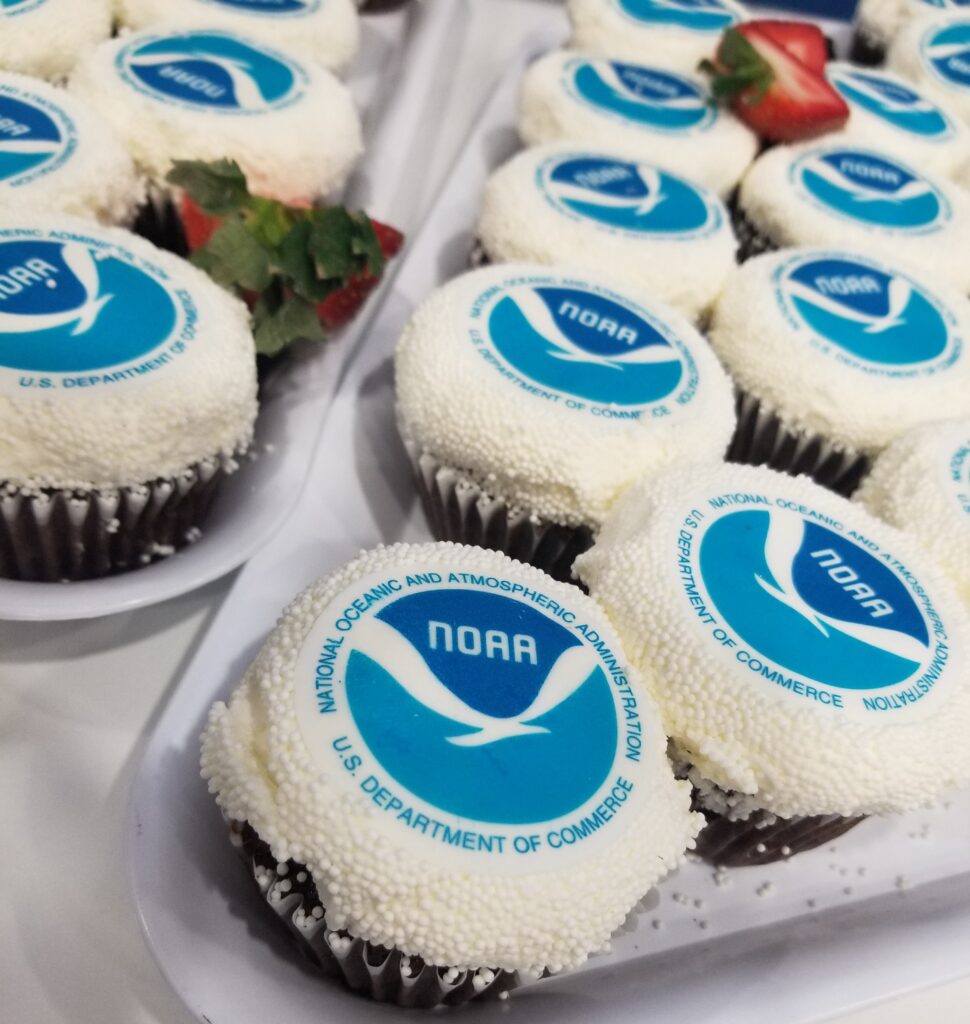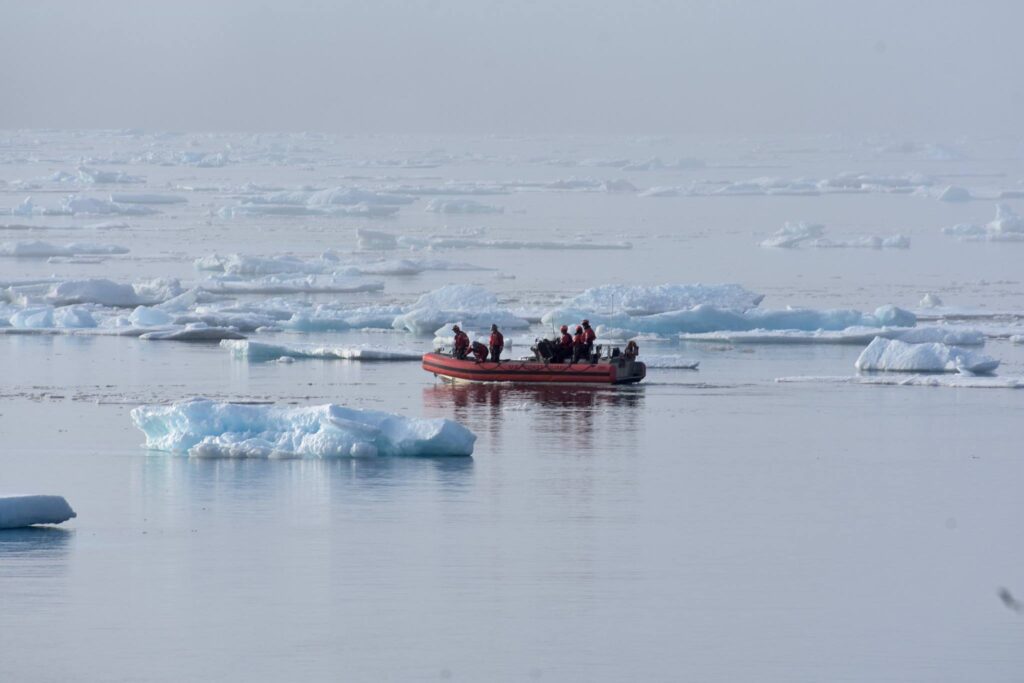The NOAA Ocean Acidification Program (OAP), in partnership with NOAA’s Global Ocean Monitoring and Observing (GOMO) Program is pleased to announce the awardees for the FY24 Coastal and Ocean Carbon Observing Optimization Studies funding opportunity. The expected total NOAA investment of $3,018,812 over three years aims to optimize sampling strategies that improve carbonate chemistry observing systems geared towards delivering data required to support the specific decision support needs for end user’s such as resource managers, shellfish harvesters or growers, and researchers.
Click below to learn more about the three projects.
Valuation of Surface Ocean pCO2 Observations For Machine Learning Applications
Principal Investigator: Galen A. McKinley, Columbia University
Total award: $573,955
Source: GOMO, Bipartisan Infrastructure Law
This project assesses how we can optimize observing resources from the global fleet to support improved, efficient, and cost-effective monitoring of the ocean carbon sink and minimize uncertainty. Researchers will use machine learning to determine how to best deploy observing assets like buoys, autonomous vehicles, and ships to measure the ocean’s uptake of carbon dioxide globally. Learn more about GOMO’s Bipartisan Infrastructure Law investments in ocean carbon research.
Measurement and Modeling of Processes Controlling pH in the Laurentian Great Lakes
Principal Investigator: Noel Urban, Michigan Technological University
Total award: $1,395,035
Source: OAP
This project increases capacity for high quality measurement and modeling of the carbon system in the Great Lakes. The high-resolution information elucidates the chemical and biological processes at different scales that influence the carbon system and determine the level or potential for acidification.
Four-dimensional ocean acidification data products and observing system assessment for the California Current Large Marine Ecosystem
Principal Investigator: Christopher Edwards, University of California Santa Cruz
Total award: $1,049,822
Source: OAP
The goals of this project are to develop two sets of ocean acidification relevant products for the California Current Large Marine Ecosystem to interested and impacted communities to help optimize the glider network for ocean carbon observing. The products will reflect and approach using modeling and statistical estimates, characterizing the uncertainty against ocean observations, assessing the impact of glider lines, and communicating results to key communities.
The projects started in September 2024 and will be completed by September 30, 2026.




